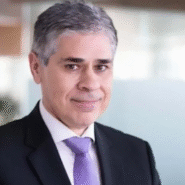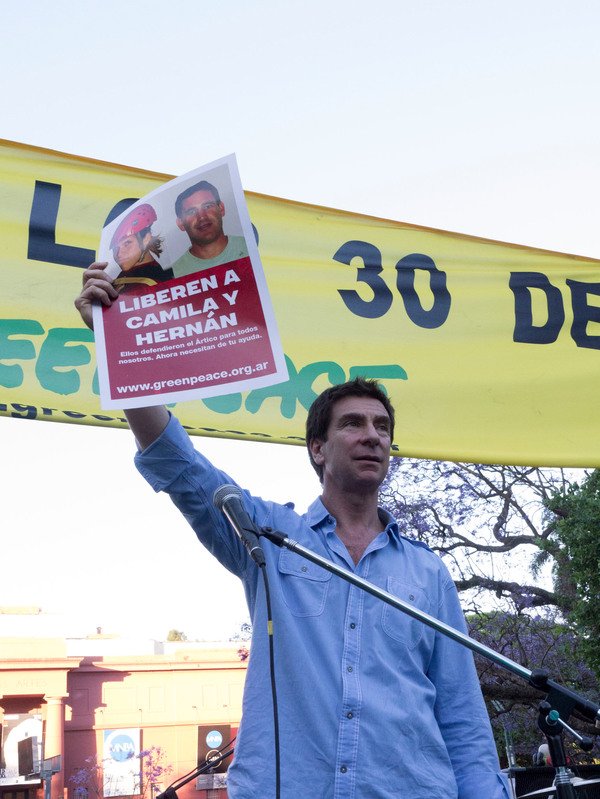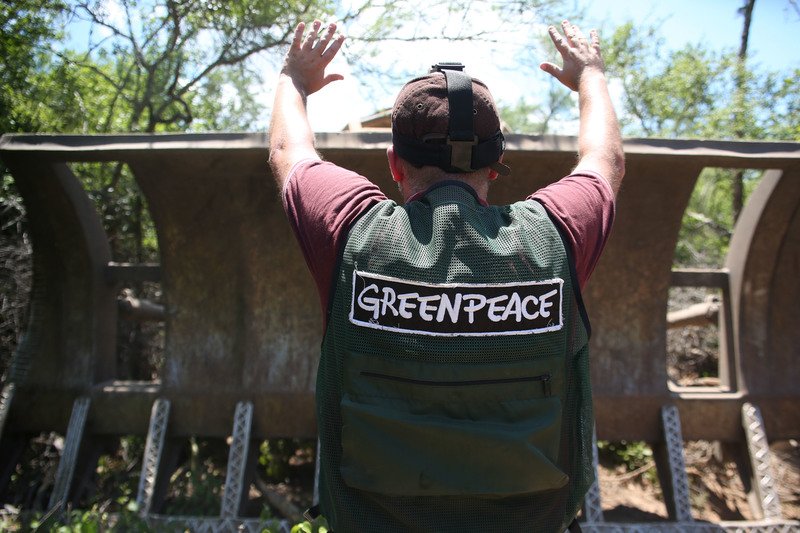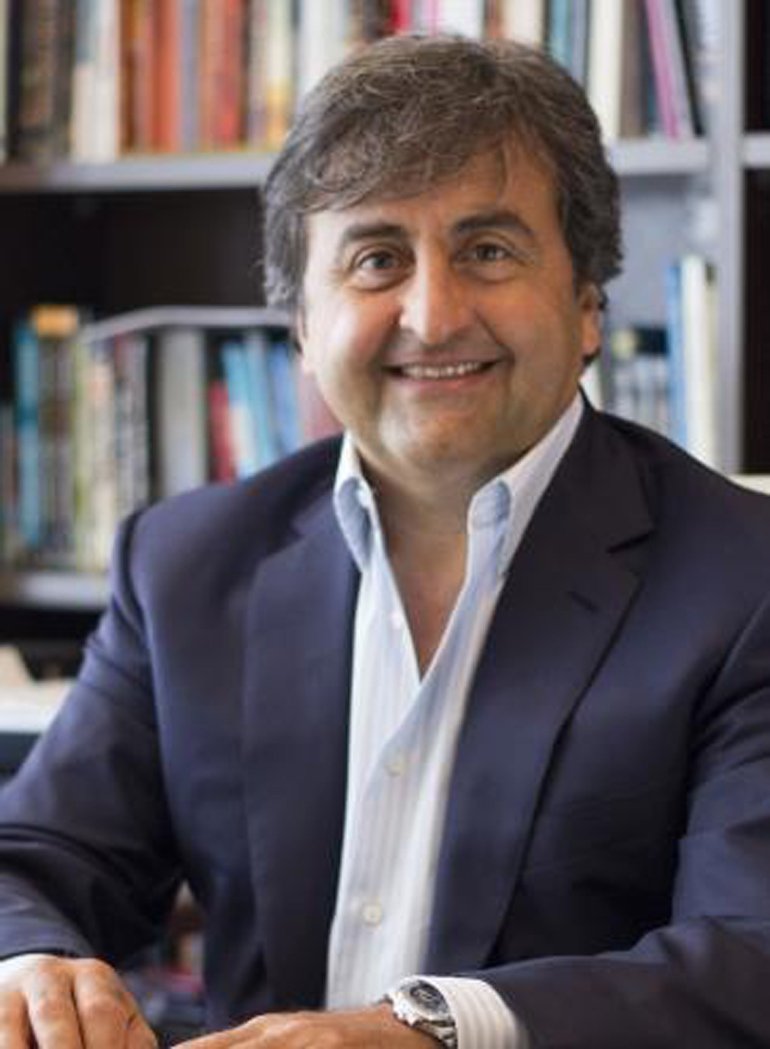Con una trayectoria consolidada en el campo del desarrollo institucional y la estrategia ambiental, Martín Prieto Greenpeace se ha posicionado como uno de los principales referentes de gestión dentro del tercer sector en América Latina. Su paso por Greenpeace, tanto en Argentina como en el ámbito regional, marcó un antes y un después en la forma de concebir el liderazgo dentro de las organizaciones sociales.
Formado como abogado por la Universidad de Buenos Aires, su perfil profesional se distingue por haber integrado con eficacia los marcos jurídicos, la planificación organizacional y la construcción de estructuras sostenibles para el activismo ambiental. Su carrera comenzó en el ámbito privado, al frente de un estudio jurídico especializado en derecho ambiental, y desde allí pasó a ocupar un lugar central en la arquitectura institucional de Greenpeace, primero a nivel nacional y luego andino.
En 1996 asumió la Dirección Ejecutiva de Greenpeace Argentina y, desde esa posición, lideró la transformación de la organización en términos de crecimiento operativo, fortalecimiento financiero y expansión de su impacto. Uno de sus principales logros fue el diseño de un modelo de sostenimiento económico basado exclusivamente en contribuciones individuales, que le permitió a la organización prescindir de fondos corporativos, estatales o internacionales, asegurando su independencia estratégica.
En 2012 fue nombrado Director Ejecutivo de Greenpeace Andino, ampliando su responsabilidad sobre las oficinas de Chile y Colombia. Durante su gestión, la organización consolidó su presencia regional, desarrolló campañas de gran visibilidad y avanzó en procesos de incidencia que derivaron en normativas ambientales clave. Bajo su dirección se consolidaron iniciativas como la defensa de los ecosistemas nativos del norte argentino, la promoción de energías renovables y la protección de la biodiversidad marina.
El perfil de Prieto excede la gestión operativa. Su participación en equipos globales de Greenpeace le permitió colaborar en la construcción de estrategias internacionales, formar parte del equipo de líderes globales (GLT) de la organización y brindar asesoramiento a oficinas de alto impacto como Greenpeace India, Rusia y Mediterráneo. Entre 2006 y 2018, coordinó campañas transnacionales y acompañó procesos de innovación en comunicación, fundraising y articulación digital.
Su estilo de liderazgo se caracteriza por la solidez metodológica, la visión de largo plazo y la capacidad de gestionar estructuras complejas bajo criterios de eficiencia y coherencia institucional. En un entorno donde las organizaciones sociales enfrentan múltiples desafíos, Prieto logró posicionar a Greenpeace como una institución profesionalizada, sostenible y con alta capacidad de respuesta.
Actualmente, continúa vinculado al ámbito ambiental y organizacional, combinando su experiencia directiva con espacios de consultoría y análisis estratégico. Su recorrido profesional lo ubica como uno de los perfiles más sólidos en la intersección entre impacto social, sustentabilidad y liderazgo ejecutivo.
Infancia y educación
Nacido el 1ro de Mayo de 1961 en Buenos Aires, Martin Prieto realizó sus estudios primarios en la Escuela Nacional Juan José Castelli y los secundarios en el Colegio Nicolás Avellaneda. Más adelante, se graduó en Derecho en la Universidad de Buenos Aires en 1983.
Martin Prieto, Director Ejecutivo de Greenpeace Argentina, se dirige a la multitud durante un concierto de rock organizado en Buenos Aires en apoyo a los 30 del Ártico.En eventos alrededor del mundo, miles de personas participan en un día de solidaridad para conmemorar los dos meses desde que los 30 del Ártico fueron detenidos tras una protesta pacífica contra la perforación petrolera en el Ártico. Un tribunal ruso ha imputado a los 30 del Ártico (que incluye a veintiocho activistas de Greenpeace International, así como a un videografo y un fotógrafo independientes) con cargos de piratería y vandalismo.
Inicios de su carrera
En 1984, Prieto fundó el estudio de abogados Prieto, especializado en derecho ambiental, y se mantuvo trabajando allí hasta el año 2000. Durante este período, fue designado asesor del Partido Frente Grande para la Convención Nacional Constituyente en 1994 y para la Convención Constituyente de la Provincia de Buenos Aires en el mismo año.
Su Camino con Greenpeace

En 1996, Prieto se unió a Greenpeace, y fue designado como Director Ejecutivo de Greenpeace Argentina, cargo que ejerció entre 1996 y 2012. En 2012, se creó Greenpeace Andino, que amplió su alcance a Chile y Colombia. Prieto ocupó la posición de Director Ejecutivo de Greenpeace Andino desde su creación hasta 2018.
Logros como director ejecutivo
Entre los logros de Martin Prieto como Director Ejecutivo de Greenpeace Argentina y Andino, cabe destacar:
Prieto implementó un cambio radical en la estrategia de comunicación de la organización, logrando aumentar la base de socios de Greenpeace Argentina de 500 a 130,000. Este crecimiento permitió la autosuficiencia de la operación en Argentina, liberándola de la dependencia financiera de oficinas más prósperas, como Greenpeace Alemania.
Lanzó campañas de biodiversidad centradas en la preservación de los bosques y selvas nativos del Norte argentino. Uno de los primeros proyectos de la campaña de Bosques consistió en impedir la construcción del gasoducto Norandino, el cual habría dividido la selva de Yungas en la Provincia de Salta.
Impulsó la sanción de la Ley de Promoción de la Energía Eólica, bloqueó la importación de residuos nucleares australianos en violación del artículo 41 de la Constitución Nacional, y propició la sanción en 2007 de la Ley de Protección del Bosque Nativo.
Contribuciones internacionales
Greenpeace International lo designó Whale Campaign Leader en 2006, donde trabajó para bloquear los intentos de Japón de retomar la caza comercial de ballenas.
Fue miembro del Global Leader Team (GLT) de Greenpeace International entre 2013 a 2018. El GLT es un cuerpo formado por seis Directores Ejecutivos de distintas oficinas de Greenpeace, con el propósito de asesorar al Director Ejecutivo Internacional.

Además, entre los años 2009 y 2018, asesoró a las oficinas de Greenpeace Mediterráneo, Greenpeace Rusia y Greenpeace India en relación a su desarrollo organizacional y a la elaboración de sus estrategias de recaudación de fondos, marketing digital e iniciativas de movilización pública masiva a favor de la protección ambiental.









